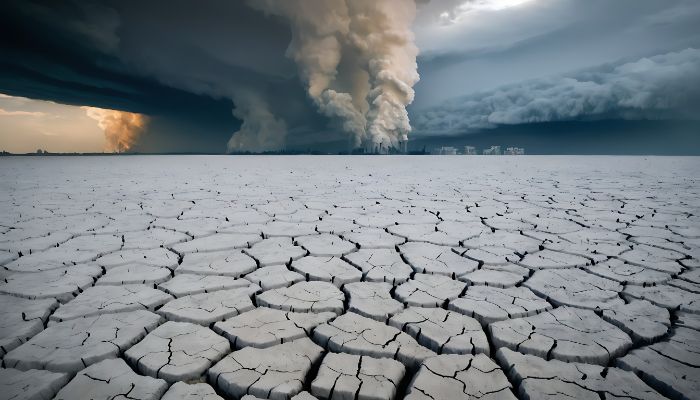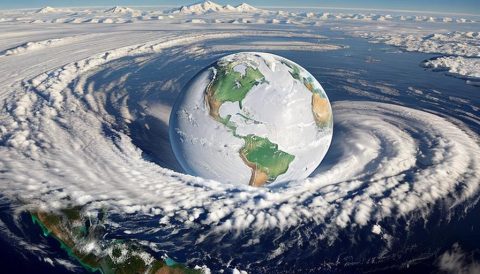Climate Change Main Problems
Introduction:
In the contemporary world, climate change has risen to become one of the planet’s most pressing concerns. The ramifications of climate change infiltrate diverse facets of our existence, ranging from alterations in weather patterns to profound impacts on agriculture, wildlife, and human health. This in-depth article aims to unravel the climate change main problems, scrutinizing the root causes and widespread effects across various domains.
1-Climate Change Main Problems Causes and Effects
Climate change is a complex phenomenon driven by various factors. Understanding its causes is crucial in formulating effective strategies to mitigate its effects.
Human activities, such as burning fossil fuels and deforestation, contribute significantly to the release of greenhouse gases like carbon dioxide (CO2) and methane (CH4). These gases trap heat in the Earth’s atmosphere, leading to a rise in global temperatures.
-
The Role of Deforestation
Deforestation, driven by urbanization and agricultural expansion, reduces the number of trees that absorb CO2. This contributes to the greenhouse effect, amplifying the impact of climate change.
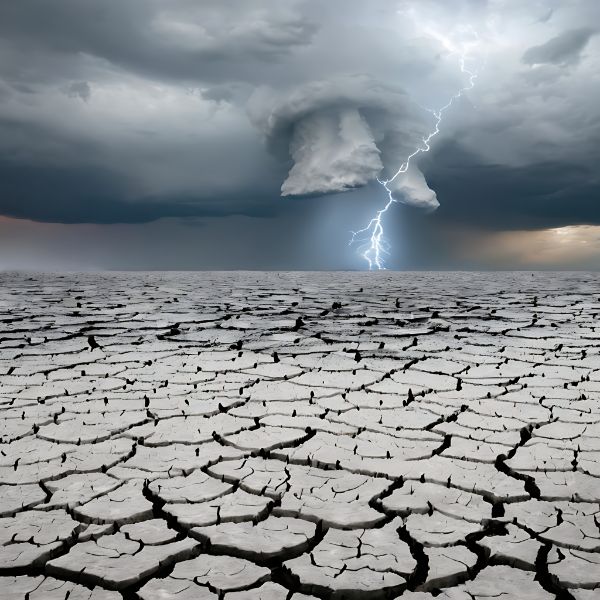
2- What Are the Effects of Climate Change?
The effects of climate change are widespread and touch every corner of the globe. From altering weather patterns to impacting ecosystems, the consequences are profound.
3- Effects of Climate Change on Weather
-
Higher Average Temperatures
Rising global temperatures are a defining characteristic of climate change’s main problems, where record-breaking heat is becoming increasingly prevalent. This presents a significant threat to ecosystems and human health, elevating the risk of heat-related illnesses.
-
Longer-lasting Droughts
Climate change exacerbates drought conditions, leading to water scarcity in many regions. Prolonged droughts have severe implications for agriculture, affecting crop yields and food production.
-
More Intense Wildfires
Warmer temperatures and drier conditions contribute to the intensification and frequency of wildfires. This poses a threat to both natural habitats and human settlements.
-
Stronger Storms
The escalation of ocean temperatures fuels the intensity of tropical storms, leading to the formation of more potent hurricanes and typhoons. Coastal regions face heightened vulnerability to the destructive consequences of these intensified storms, highlighting a significant aspect of the climate change main problems.
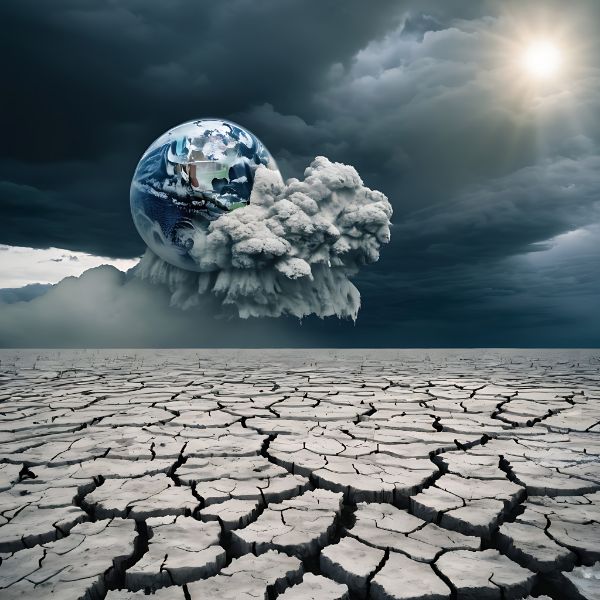
4- Effects of Climate Change on the Environment
Climate change manifests in various environmental changes, each with its own set of consequences.
-
Melting Sea Ice
Rising temperatures cause the melting of polar ice caps, contributing to the alarming loss of sea ice. This directly affects polar ecosystems and accelerates sea-level rise.
-
Sea Level Rise
Melting ice and the thermal expansion of seawater contribute to a rise in sea levels. This poses a threat to coastal communities, leading to increased flooding and erosion.
-
Flooding
The combination of sea-level rise and extreme weather events leads to more frequent and severe flooding in low-lying areas. This jeopardizes infrastructure and displaces communities.
-
Warmer Ocean Waters and Marine Heat Waves
The climate change main problems become evident as ocean waters experience rising temperatures, causing disruptions in marine ecosystems, and resulting in a loss of biodiversity. Additionally, these main problems manifest as marine heatwaves that pose a significant threat to coral reefs and fisheries.
5- Effects of Climate Change on Agriculture
Agriculture, a cornerstone of human civilization, faces numerous challenges due to climate change.
-
Less Predictable Growing Seasons
Changing weather patterns make it difficult for farmers to predict optimal planting and harvesting times, affecting crop yields and food supply.
-
Reduced Soil Health
Extreme weather events and shifts in temperature can degrade soil quality, impacting its fertility and the ability to support plant life.
-
Food Shortages
The combination of unpredictable growing seasons and soil degradation contributes to food shortages, exacerbating global hunger issues.
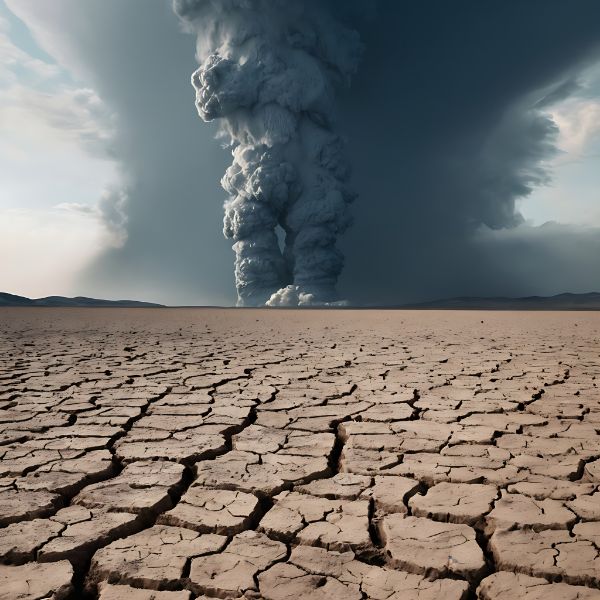
6- Effects of Climate Change on Animals
Wildlife is not immune to the impacts of climate change, with ecosystems undergoing significant transformations.
-
Disruption of Ecosystems
The Negative Effects of Climate Change on natural habitats are profound, significantly impacting the distribution and behavior of various species. This disruption can result in imbalances within ecosystems, ultimately contributing to the loss of biodiversity.
7- Effects of Climate Change on Humans
The repercussions of climate change extend to human health, societal dynamics, and economic stability.
-
Worsening Inequity
Vulnerable populations, frequently found in low-income countries, experience the full force of climate change’s main problems, intensifying pre-existing social and economic disparities.
-
Displacement
Rising sea levels, extreme weather events, and environmental degradation force communities to migrate, leading to displacement and potential conflicts over resources.
-
Economic Impacts
The economic consequences of climate change are vast, affecting industries, infrastructure, and livelihoods. Extreme weather events result in significant financial losses.
8-Future Effects of Climate Change
As we look ahead, it’s essential to anticipate and prepare for the future effects of climate change.
-
Advancements in Climate Science
Ongoing research and advancements in technology bring a glimmer of hope in addressing the challenges posed by climate change problems and solutions. Breakthroughs in renewable energy, carbon capture, and sustainable agriculture emerge as potential remedies to combat the impacts of climate change.
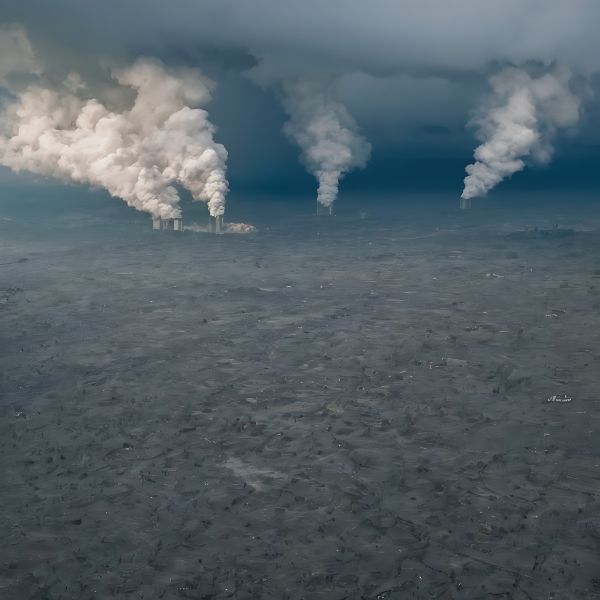
Conclusion:
In conclusion, the complexities of climate change main problems are manifold and intricate. Spanning from the origins linked to human activities to the extensive repercussions on weather patterns, the environment, agriculture, animals, and humanity, tackling the global challenge of climate change main problems demands united endeavors. As we chart our course into the future, giving precedence to sustainable practices, adopting technological solutions, and nurturing international collaboration become pivotal measures in lessening the impact of climate change main problems.
